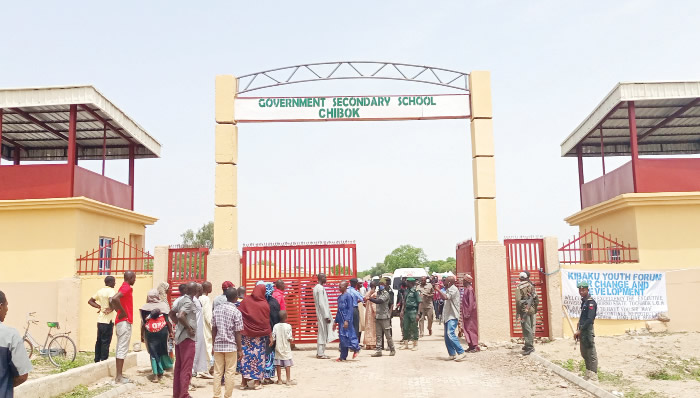
On Sunday, April 14, 2024, it marked a decade since 276 girls from the Government Girls Secondary School in Chibok, a community in Borno State, were abducted by the Boko Haram terrorist group. Despite some rescues by security agencies, 89 out of the 276 girls remain unaccounted for.
NNPP in a statement by its National Publicity Secretary,
Ladipo Johnson, on Sunday, said the incident continues to haunt the memories of the parents, relatives of the abducted girls, and the nation as a whole.
NNPP observed that despite the worldwide sadness and condemnation following the tragic incident, unfortunately, there have been additional instances of school children being abducted, exacerbating the security challenge in the nation.
“The NNPP finds the situation very worrisome. Even as the trauma of the Chibok girls remains, a huge tragedy, we have since witnessed more horrible incidents in school children kidnapping in our schools which is unfortunate, the party stated.
NNPP, while recognizing the government’s efforts in rescuing some of the girls and others in similar abductions, urged the government to develop additional measures to locate and rescue the remaining girls from their captors, regardless of their current circumstances.
The statement read, “These girls must not be so forgotten. Many are still in captivity without any clear information about their situation.
“We can only appreciate the trauma and gruesome nature of their adoption and what they and their parents are going through even till now. This should count in the action of the government in particular and as a reflection of our common humanity.
“Yet, those rescued, how are they being rehabilitated? How are they fairing now? How effective, including a good idea of the “Safe School Programmes?”
“So as we remember the agony of the Chibok girls at 10, the concern is how those still in captivity can be rescued, how the more than 20 million out-of-school girls can be tackled and indeed how the government can effectively make the recurring challenge of insecurity a thing of the past or at least drastically reduced given its effects on the nation’s socio-economic development.”





